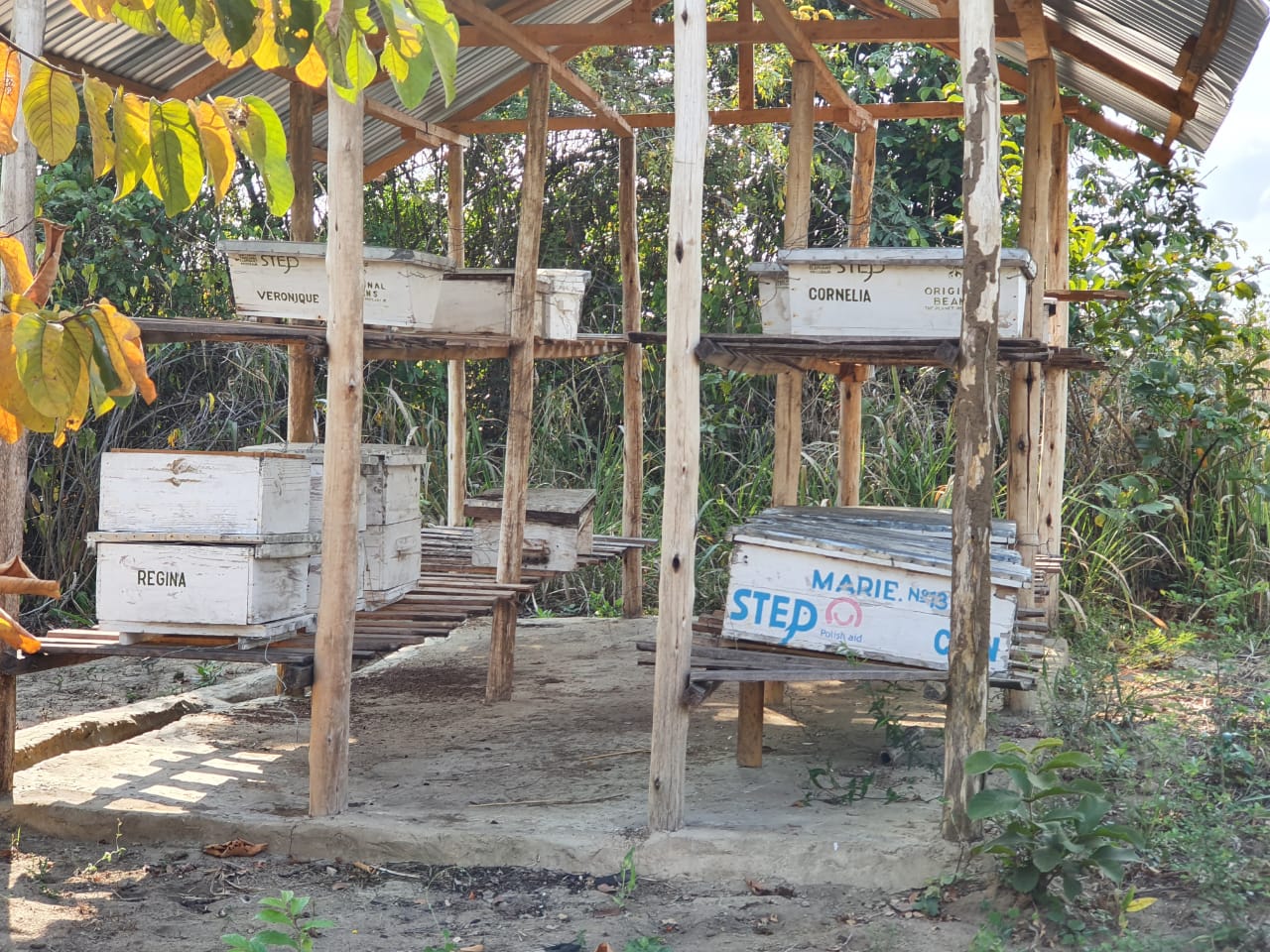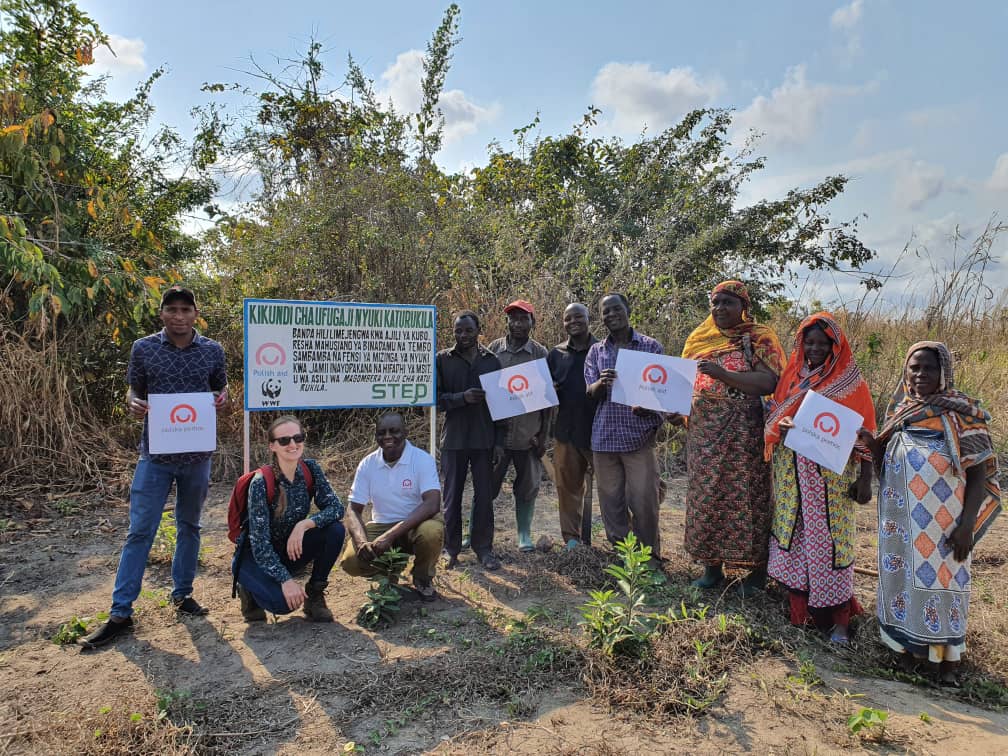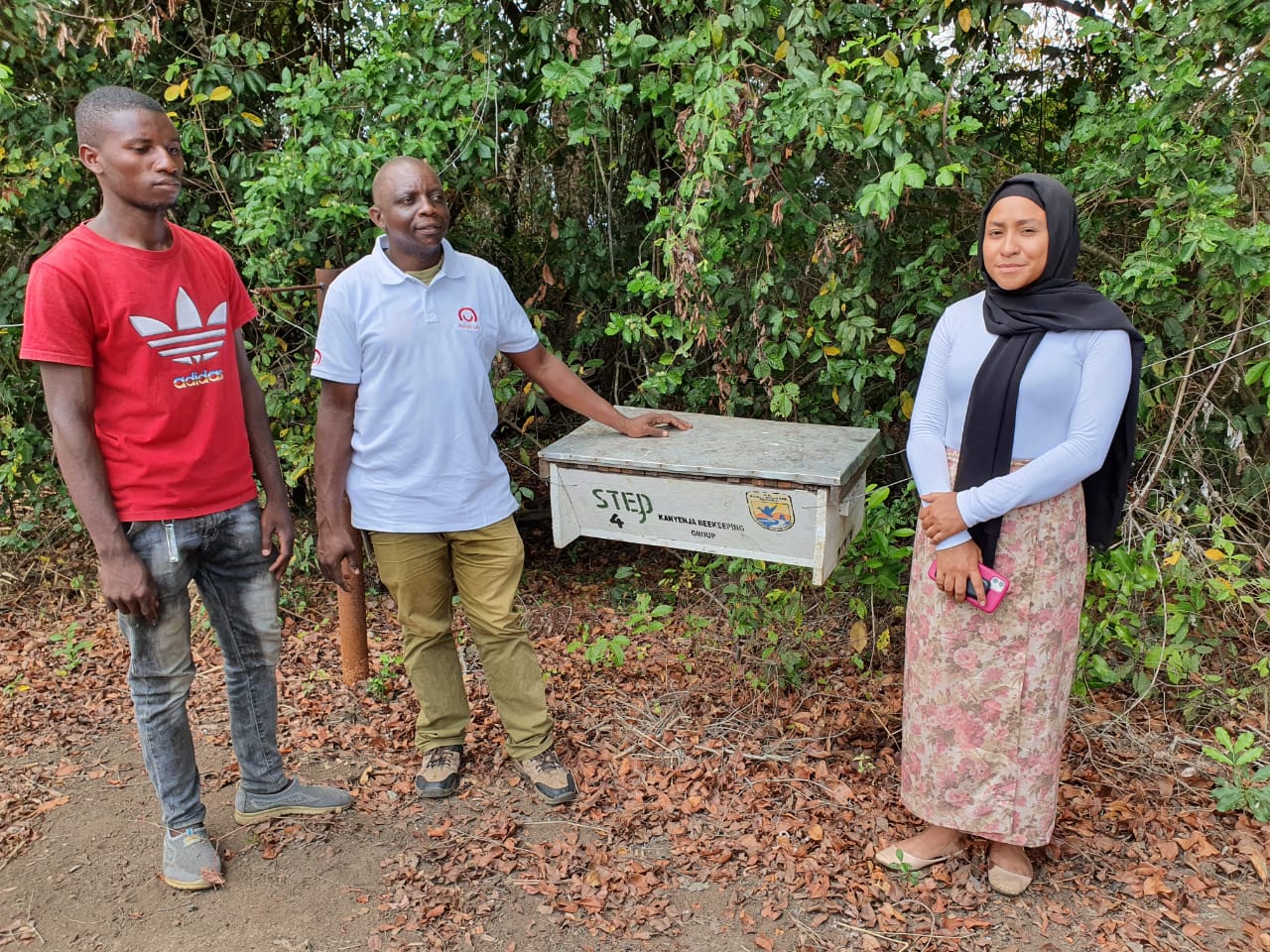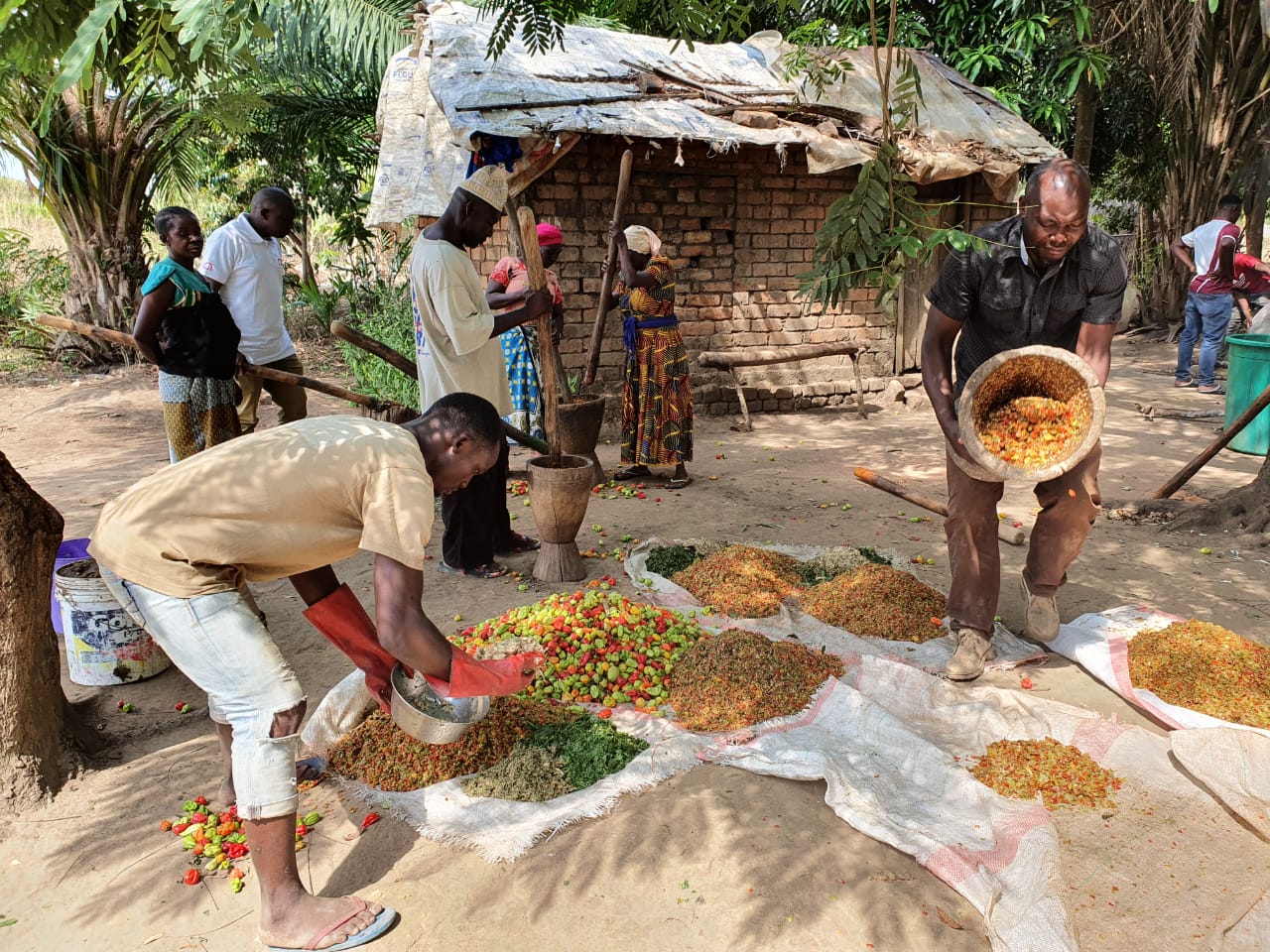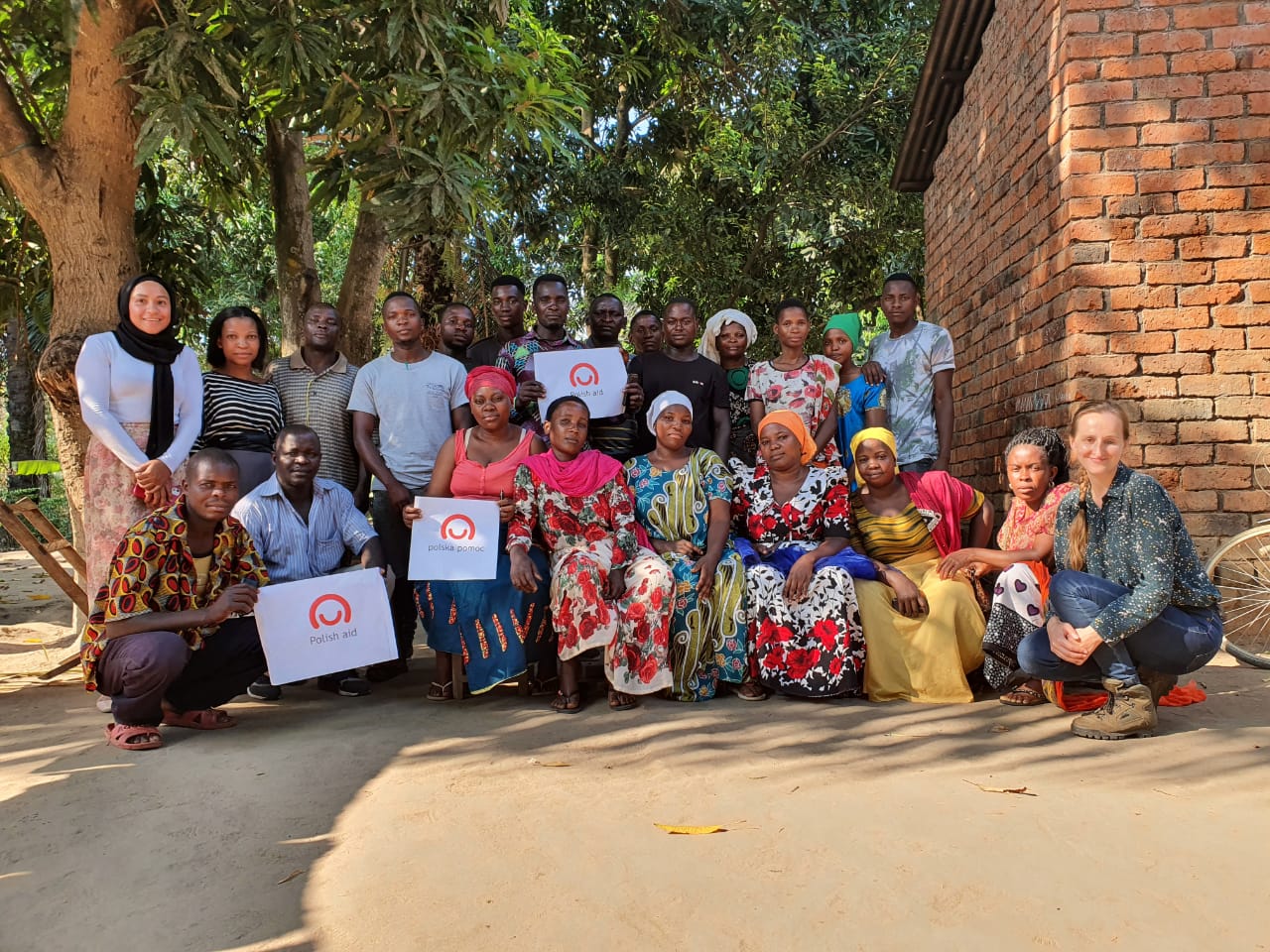Polish aid supports the enhancing of human and elephant coexistence in the Kilombero Valley in Tanzania
09.10.2021
In the framework of Polish aid, the Embassy of the Republic of Poland in Dar es Salaam supports the activities of the non-governmental organization STEP that works in favor of improving the coexistence of people and elephants in the Kilombero Valley. The aim is to work out development solutions in the area of coexistence of wild animals and local communities, taking into account the problems arising due to the expansion of human settlement and agriculture to the areas where those mammals are active, for example along the borders of protected areas.

This is done, on the one hand, by education and raising the awareness of children (school education program) and adults (e.g. movie screening nights) in relation to behavior of elephants, compliance with safety rules in the presence of these animals, importance of preserving biodiversity and ecological connectivity, as well as through a pilot program of visits of local students in the protected areas, and on the other hand, by developing methods of mitigating the effects of conflicts between humans and elephants.
Until now, the basic method of protecting farmland from elephants has been to create beehive fences, due to their high efficiency and the availability of suitable places along the farmlands, as well as the added value for beekeepers (profit made of selling honey). As part of the project, special "huts" are also built to facilitate the colonization of the hives by bees before they are transferred to a target fence.
However, due to external factors such as seasonal flooding of some areas in Kilombero, which makes it impossible to place beehives there, two other, innovative methods are currently being tested: creating fences with strobe lamps powered by solar energy as well as fences made of containers with a “smelly” repellent made of natural, fermented ingredients, including chili peppers and garlic.
The project also supports the production of the fragrance repellent itself, as it has to be replaced every month with a freshly prepared one. These are local farmers who are involved in the manufacturing process. The effectiveness of this type of fence – which is assessed thanks to local observers and photo-traps – proves to be lower than that of beehives fences or light fences, but the costs of its construction are much lower as well.
Earlier this week, during the monitoring of the project implemented by STEP i.a. from Polish aid funds, a representative of the Embassy of the Republic of Poland in Dar es Salaam, Katarzyna Sobiecka, had the opportunity not only to visit the already constructed fences and to watch the production process of “smelly” repellents, but also to meet local farmers and beekeepers who confirmed the benefits that the local community draws from the project, in particular regarding less crop losses caused by elephants intrusion into their fields.
She also attended a weekly meeting of one of the six village savings and loan associations (VSLAs) established within the project. It is a financial education initiative, which brings tangible benefits to the local farmers by enabling them, for instance, to make financial loans at a lower interest rate that in turn allows them to refrain from selling their crops until the latter reach a higher value.
The project is carried out with the sustainable development goals in mind, including: goal 1: end poverty, goal 2: zero hunger, goal 5: gender equality, goal 15: life on land. It complements STEP's ongoing work with communities in the Kilombero Valley to renew the wildlife corridor that connects the Udzungwa Mountains and the Nyerere National Park. The corridor is designed to maintain communication channel among the elephant population in southern Tanzania.
